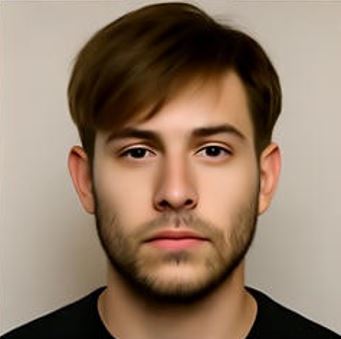Reform of the justice system: Austria introduces independent federal public prosecutor's office!
Austria establishes an independent federal public prosecutor's office. Agreement after negotiations between SPÖ, NEOS and ÖVP.

Reform of the justice system: Austria introduces independent federal public prosecutor's office!
Austria has agreed to establish an independent federal public prosecutor's office that is not subject to instructions. This decision came after tough negotiations between the parties SPÖ, NEOS and ÖVP, after the Chancellor's party ÖVP had previously struggled with the Greens for a solution. A central point of contention was parliamentary control over the new institution. Constitutional law expert Bernd-Christian Funk assessed the solution found positively. The Federal Public Prosecutor's Office will be free from political instructions, provided a two-thirds majority is achieved in parliament. However, Justice Minister Anna Sporrer (SPÖ) retains the final authority to issue instructions for charges and proceedings.
This change could have a significant impact on the length of proceedings, especially in high-profile cases such as those of Karl-Heinz Grasser or Sebastian Kurz. The Buwog case, which lasted 16 years, was criticized internationally and revealed the urgency for reforms in the Austrian justice system. A goal of this reform, which aims to improve transparency, could also sharpen the public's perception of the judiciary.
Challenges and concerns
Although the basic requirements for the new federal prosecutor's office have been created, there are concerns about the selection of top lawyers and the control by parliament. The FPÖ is skeptical and sees no need for a federal public prosecutor's office. Prosecutors and lawyers are also expressing doubts about the appointment method, which poses additional challenges for policymakers.
The reason for setting up an interdisciplinary commission was a controversial audio recording of the late head of the justice section Christian Pilnacek. In it, Pilnacek said that there had been repeated attempts by the ÖVP to stop investigations. This commission, led by Kreutner, has submitted a comprehensive 230-page report, which will be published shortly. Among other things, the report addresses the relationship between politics and the judiciary and calls for the establishment of an independent public prosecutor's office.
Public support and expert opinions
The referendum for an independent judiciary has already found 143,217 supporters in Austria. The main demands of the referendum include the reintroduction of the examining judges, who were abolished in 2008, and the anchoring of the economic and corruption public prosecutor's office (WKStA) in the constitution. Justice Minister Alma Zadić underlined the need to counteract political influence in the judiciary. The results and demands of the referendum were discussed in an expert hearing in the Justice Committee.
Experts are divided about the demands. While some like Peter Lewisch are critical of the Federal Public Prosecutor's Office, others like Walter Geyer see the institution as useful but reject anchoring the WKStA in the constitution. MPs from various parties have also spoken out, with some seeing the demands as incompatible with democratic principles.
Overall, there are indications that the discussion about the independence of the judicial system in Austria will continue to intensify, supported by the different perspectives and the pressure to implement reforms in a timely manner.
For further information on this topic you can consult Krone, ORF and Parlament.

 Suche
Suche
 Mein Konto
Mein Konto
